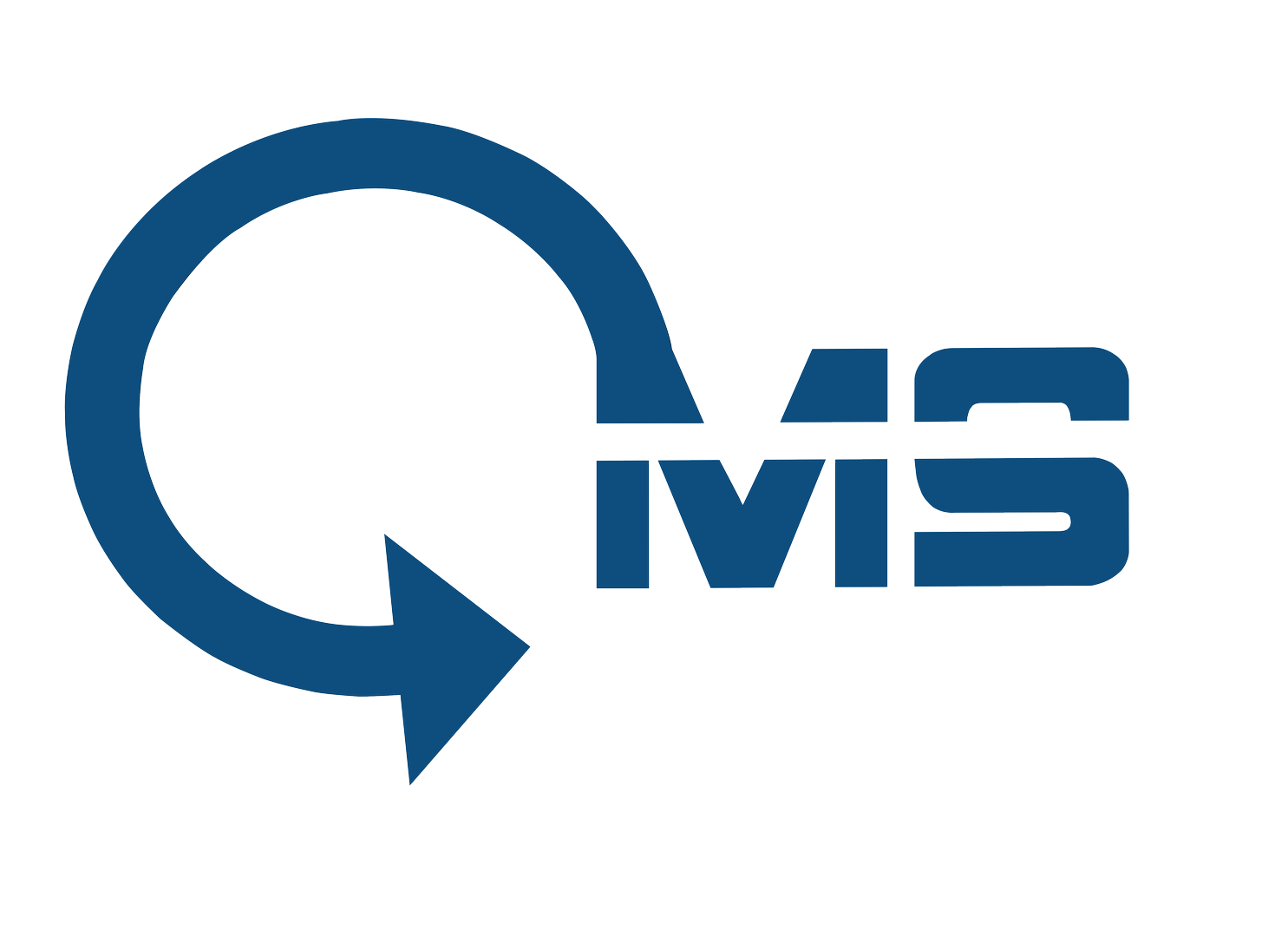ISMS
ISO 27001
ISO 27001
ISO 27001 Information security Management system
ISO 27001 is an international standard for information security management systems (ISMS). It provides a framework for establishing, implementing, maintaining, and continually improving an ISMS within the context of the organization’s overall business risks. The standard sets out the criteria for an ISMS and is designed to ensure the selection of adequate and proportionate security controls.
The ISO 27001 standard is part of the ISO/IEC 27000 family of standards, which are all related to information security. ISO 27001 uses a top-down, risk-based approach and is technology-neutral. The specification defines a six-part planning process:
The standard includes a set of security control objectives and controls, which are outlined in its annex. Organizations that adopt ISO 27001 can undergo a formal assessment process through which they can become certified against the standard, demonstrating to customers, partners, and other stakeholders their commitment to information security.
ISO 27001 is widely recognized as a robust framework for managing information security and for demonstrating compliance with information security requirements, and it is applicable to organizations of all sizes and industries.
The Standard defines a six-part planning process:
- Define a security policy.
- Define the scope of the ISMS.
- Conduct a risk assessment.
- Manage identified risks.
- Select control objectives and controls to be implemented.
- Prepare a statement of applicability.
Benefits of ISO 27001
Improved Security Posture: ISO 27001 provides a comprehensive approach to security that encompasses people, processes, and technology. This helps in protecting the organization’s information assets from a wide range of cyber threats.
Risk Management: The standard requires organizations to assess the risk to their information assets and implement appropriate measures to mitigate these risks. This proactive approach helps in preventing security incidents.
Competitive Advantage: Being certified against ISO 27001 can give an organization a competitive edge, as it demonstrates a commitment to information security that may be valued by customers and business partners.
Compliance: ISO 27001 can help organizations meet legal and regulatory requirements regarding data protection and privacy. This can reduce the risk of non-compliance and associated penalties.
Customer Trust: Certification can increase customer confidence in the organization’s ability to protect sensitive data, which can be particularly important for companies that handle customer or client information.
Business Continuity: The standard requires organizations to identify potential threats and vulnerabilities, ensuring that they can respond effectively to incidents and minimize business disruption.
Cost Savings: By avoiding data breaches and other security incidents, organizations can save potentially large amounts of money that would otherwise be spent on recovery and reparations.
Streamlined Processes: Implementing an ISMS can lead to more efficient management processes, as it encourages organizations to define clear procedures and policies.
Cultural Change: ISO 27001 can help foster a security-conscious culture within the organization, where employees are more aware of the importance of information security in their daily work.
Integration with Other Management Systems: ISO 27001 is designed to be compatible with other management system standards, such as ISO 9001 (quality management) and ISO 14001 (environmental management), allowing for a more integrated approach to corporate governance.
Continuous Improvement: The standard is based on a continuous improvement model, which encourages organizations to regularly review and refine their ISMS to keep up with changes in the threat landscape and the business environment.
© 2024 All Rights Reserved.

